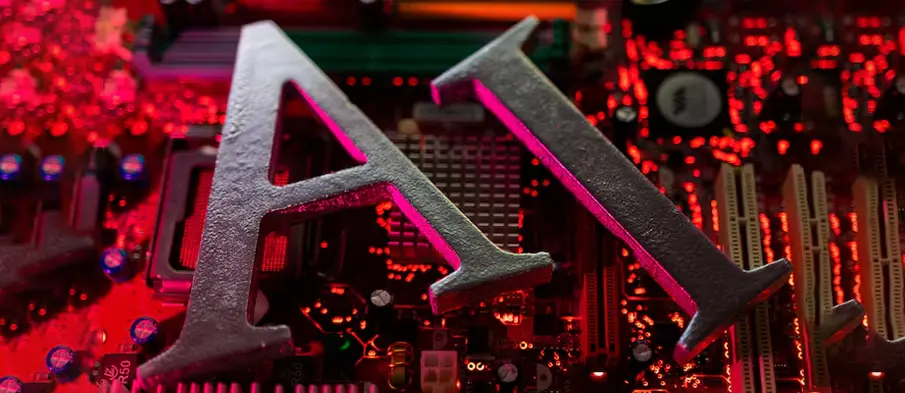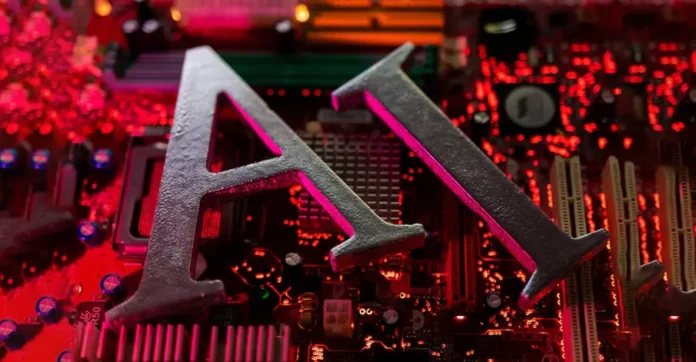
China is set to integrate artificial intelligence (AI) into its national education system, encompassing teaching methods, textbooks, and curricula across all educational levels. This initiative is part of a broader strategy to enhance innovation and drive economic growth.
The Ministry of Education emphasizes that incorporating AI will help “cultivate the basic abilities of teachers and students” and shape the “core competitiveness of innovative talents.” These abilities include independent thinking, problem-solving, communication, and cooperation.
Starting September 1, 2025, AI education will become mandatory in primary and secondary schools, requiring at least eight hours of instruction per academic year. Schools have the flexibility to integrate AI topics into existing subjects or offer standalone courses. The curriculum is designed to be age-appropriate: elementary students will engage in hands-on activities to grasp basic AI concepts; middle schoolers will explore practical applications; and high school students will delve into advanced AI topics and innovation.
This educational reform aligns with China’s “strong-education nation” action plan, aiming for significant educational advancements by 2035 through technological innovation. The initiative also follows the launch of AI courses in Chinese universities and increased enrollment in response to the emergence of competitive AI models like those developed by the startup DeepSeek.
Minister of Education Huai Jinpeng highlighted that the AI-driven technological revolution presents substantial opportunities for education. He announced plans to release a white paper on AI education in 2025, outlining strategic policies and methodologies for integrating AI into the education system.
This comprehensive approach positions China to cultivate a generation proficient in AI, thereby strengthening the nation’s innovative capabilities and competitiveness in the global AI landscape.





